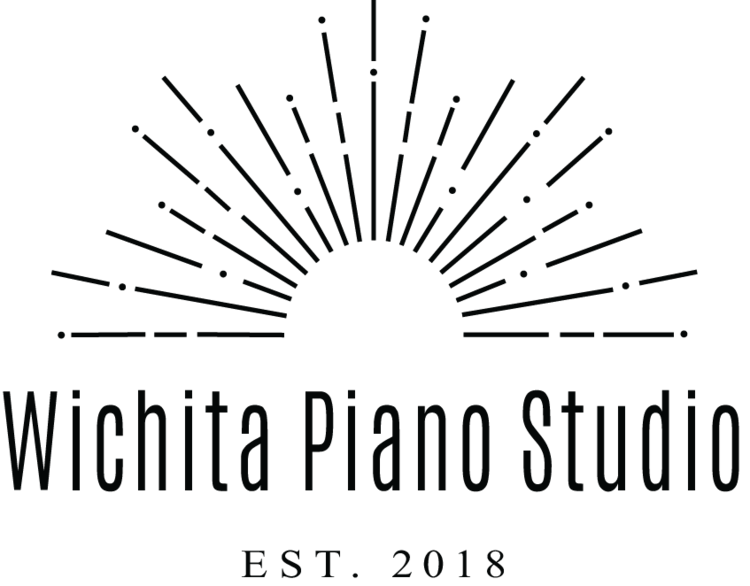Why I changed my mind on early childhood music
TL;DR: I used to think teaching toddlers music was a waste of time, but after several years of experience, conversations, and research I learned that music is a language that is best learned from an early age. As a result, I want to help educate parents and their children on how to learn music in a natural, enjoyable setting in class and at home.
Quick note: I wanted to tell my story of how I came to believe in early childhood music classes without getting bogged down by research citations. For those of you interested in the research that backs these claims, I included a link to a lengthy bibliography citing research used by the National Association for Music Education
When I was working on my undergraduate degree, I used to balk at the idea of early childhood music classes. “Those are just baby-talking teachers who are wasting their time with students who are entirely too young,” I thought.
Yikes. But...
As I was forced to teach ages that were out of my comfort zone through various jobs, I began to see how crucial these developmental ages were for future success at the piano. Students that started at 4 or 5 years old consistently blossomed into excellent piano students as they grew up. None of them were prodigies starting out. In fact, in most cases it was challenging to teach piano lessons to kids that age because of their small hands and many of them being unable to read. I found the most “productive” lessons were the ones where I was able to make the child laugh and play games that served the purpose of teaching a concept I wanted them to understand.
Then, in the summer of 2017, I had a life changing conversation with a colleague who I called about potential job leads. She asked me if I had any experience teaching early childhood music. The thought of it made me cringe, but she went on to make these incredible, inspiring claims that, if given the opportunity, she could instill musical talent into children from a young age.
I had my doubts, but as I began to research the topic I came across article after article backing these claims that musical instincts and abilities begin developing from a young age.
Perhaps there was something to this after all.
I then began to think back to some of my most challenging students I had worked with. They typically fell into the same category: they were older (10+), had started lessons late, and seemingly had no sense of rhythm or pitch recognition. Their parents often admitted that they themselves did not have musical talent, and when asked if they frequently listened to music at home, often the answer was, “No.”
This intrigued me.
If music wasn’t a priority in these homes, where was this desire for music lessons coming from? One or two parents told me that they had heard it improved math scores, but a majority of parents said that they merely wanted their children to have the opportunity. As I worked with these students and parents, it became clear that the largest hurdle wasn’t simply getting the kids to practice more; the main road block was neither parent nor child understood how music development works. And to be totally honest, I don’t think I did either.
Fast forward to the summer of 2018 when I started Wichita Piano Studio. I was racking my brain on how to continue to grow my studio more, but I kept ignoring this idea of a toddler class.
I was intimidated. “There is no harm in looking into what it would take,” I finally told myself. So I began reading about early childhood music theories, curriculum, in addition to reading and talking to teachers who have successfully implemented a toddler class. The consensus was always the same: students who started out in these teachers’ early development classes consistently outperformed transfer students who had not been in such a class.
It finally made sense to me.
If music is a language, then it would follow that the best time to introduce this language would be at an early age when our brains are sponges eagerly awaiting for new ways to interact with the world. What is a more universal than our enjoyment of music?
I was finally sold.
If any of you know me personally you know that I’m not a bubbly teacher who is gifted at sweet-talking students. But I do believe in my ability to make connections with children and their parents. I love seeing those “ah-ha” moments on a weekly basis when children and their parents begin to understand how music is learned. Learning how to listen to and understand music is a daunting task, but it does not have to be difficult. All it takes is direction and small, consistent steps which a good music teacher is capable of providing. My hope for this class is to equip parents and their young children with the tools to understand the musical language in a natural, enjoyable setting; I dream that this important work will bring about piano students who have been “speaking” this beautiful language since their developmental years.
Sources:
https://nafme.org/wp-content/files/2018/11/Selected-Bibliography-NAfME-2018-Early-Childhood-Education-Position-Statement.pdf

